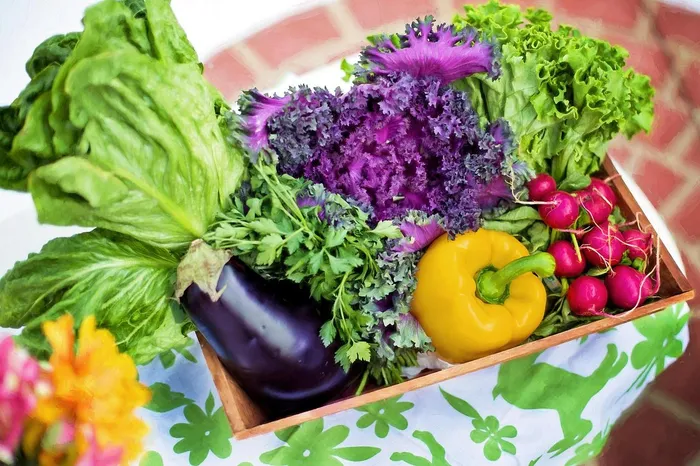
Ready to transform your garden this spring and summer? Discover 6 essential tips that will help beginners and seasoned gardeners alike cultivate a thriving, eco-friendly garden.
Image: Pixabay
Spring and summer offer the perfect opportunity to grow a healthy, productive garden. Whether you're a beginner or experienced gardener, following a few essential safety and care tips can help you achieve a bountiful, eco-friendly harvest. From preparing the soil to harvesting correctly, these guidelines ensure your garden thrives throughout the warmer months.
Although soil becomes naturally richer during spring and summer, improving it with compost or well-rotted manure significantly boosts fertility. Adding mulch such as dried grass or leaves helps retain moisture and keep roots cool. The soil should be loose, well-drained, and nutrient-rich.
Starting with a seedbed is advisable, especially for beginners or those planting small seeds. A seedbed offers a sheltered, sunny space where seeds can germinate safely. Keep the soil soft and moist—ideal conditions for crops like lettuce, carrots, beans, and tomatoes.
Consistent watering is essential, particularly during hot days. Crops such as spinach, tomatoes, and lettuce require watering every one to two days in dry conditions. The best times are early in the morning or after sunset to prevent evaporation and allow water to reach the roots effectively.
Avoid using high-pressure hoses. A watering wand is recommended, or if using a pipe, reduce the force by partially covering the nozzle with your finger. Always focus on the base of the plant rather than the leaves. Do not water during rainfall, as this may lead to overwatering or root rot.
Once seedlings have developed 2 to 6 healthy leaves and a strong root system, they are ready to be moved to the garden bed. Transplant in the cooler parts of the day to reduce plant stress.
Monitor plant growth regularly and remove any yellowing, dead, or diseased leaves. This is particularly important for leafy vegetables like spinach, lettuce, and cabbage, as it prevents disease spread and allows the plant to direct energy to healthy growth.
Weeds will appear and spread swiftly since the soil is fertile. As soon as they appear, they must be removed. If they gain control, they can outgrow your plants and develop more quickly, depleting their resources and energy. Because they don't develop as rapidly as weeds, your crops may get weaker. You should dig them out with a tiny hoe or pull them by hand. In addition to keeping the soil cool and moist, mulching between your plants will prevent the growth of new weeds. Avoid having unwanted plants in your garden, as this could also draw snakes and insects.
Some plants can act as natural deterrents against snakes. Species such as Mother-in-Law’s Tongue, rosemary, sage, and wild garlic emit scents that snakes tend to avoid.
To handle insect pests, avoid harsh chemicals and use natural alternatives like sprays made from mild dish soap, garlic, or neem oil. These are effective in managing pests without harming beneficial insects or the environment.
Harvest crops at the appropriate time to ensure the best yield and taste. Spinach can be harvested leaf by leaf, while root vegetables such as carrots and beetroot should be gently pulled once fully grown.
After harvesting, reuse materials like trellises, stakes, and support sticks for future planting. Crops such as tomatoes, strawberries, granadillas, and grapes benefit greatly from these supports to prevent stem breakage and promote healthy growth.
Spring and summer are ideal for cultivating a garden that supports both health and sustainability. By preparing your soil well, watering consistently, managing pests naturally, and harvesting at the right time, you can enjoy a successful gardening season. With consistent care, your garden can become a reliable source of fresh produce and a rewarding personal project.
IOL